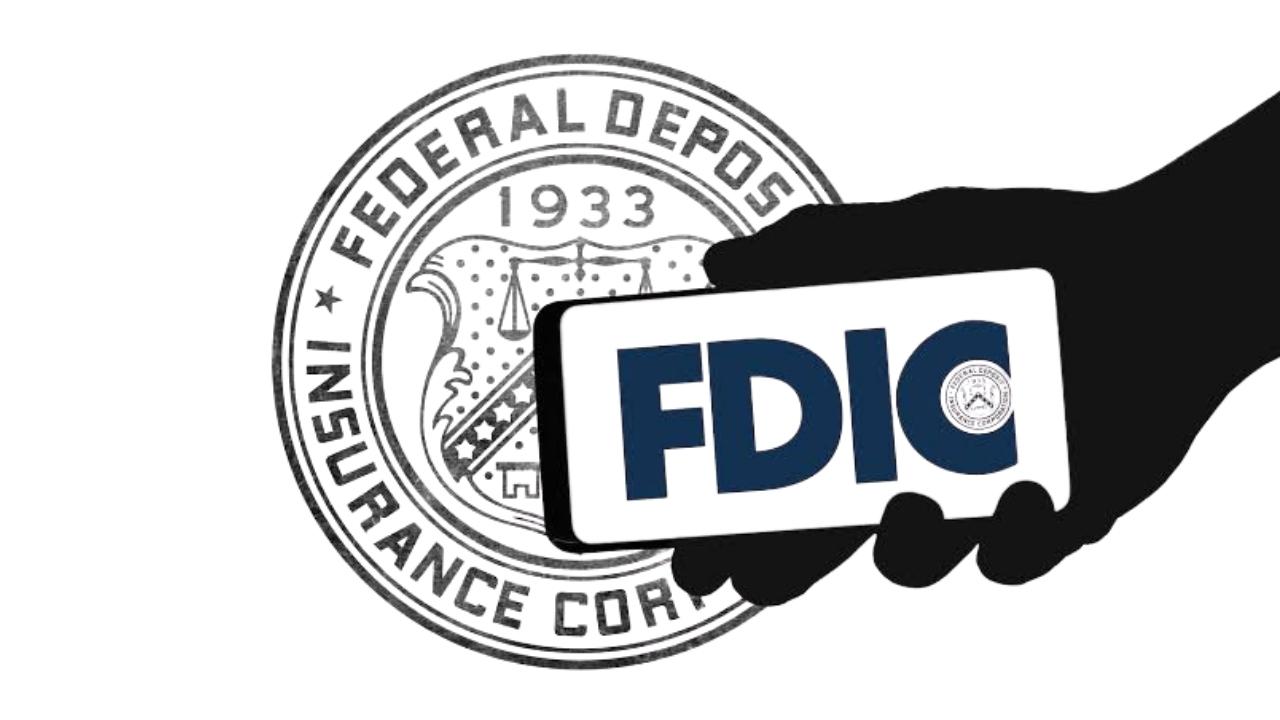The United States Federal Deposit Insurance Corporation (FDIC) has issued a framework (FIL-7-2025), departing from its previous regulatory stance toward digital assets. The new guidance annuls FIL-16-2022 and clarifies that FDIC-supervised institutions may now engage in crypto-related activities without obtaining prior FDIC approval.
FDIC Nods for Banks to Offer Crypto Services
According to the official press release, banks can explore several crypto activities, provided they continue to conduct their operations in a manner that fully addresses the risks associated with digital assets.
While noting that the development represents a shift in the American regulatory system, Acting FDIC Chairman Travis Hill stated:
“With today’s action, the FDIC is turning the page on the flawed approach of the past three years.”
Hill further emphasized that the new policy is intended to promote innovation while preserving the financial system’s safety. The FDIC’s decision is designed to remove barriers that previously discouraged banks from exploring crypto, opening the door for integration within traditional financial services.
Nonetheless, while the requirement for prior approval is halted, the regulator expects institutions to work closely with their supervisory teams to ensure that any crypto-related activity is compatible with established regulatory standards.
In addition to the new policy for crypto participation, the FDIC confirmed it will maintain communications with the President’s Working Group on Digital Asset Markets. The agency plans to issue further guidance to clarify certain crypto activities and work with other banking regulators to update outdated documents.
Not the First
Several moves have been made to redefine how U.S.-based traditional banks interact with crypto. The Securities and Exchange Commission (SEC) has recently reversed frameworks that had long prevented Wall Street banks from holding digital assets. Such regulatory easing contrasts with previous policies that barred banks from engaging in crypto activities.
A few months ago, Ripple launched new features and functionality to its Ripple Custody service specifically tailored for banks and crypto firms. The solutions were designed to provide secure and efficient management of digital assets. The firm believes it will support institutional adoption while bridging the gap between traditional finance and the crypto sector.
However, the path toward a crypto-bank relationship has not been entirely smooth. Citibank recently severed its ties with Ripple CEO Brad Garlinghouse, citing his high-profile involvement in the crypto industry as too risky.
